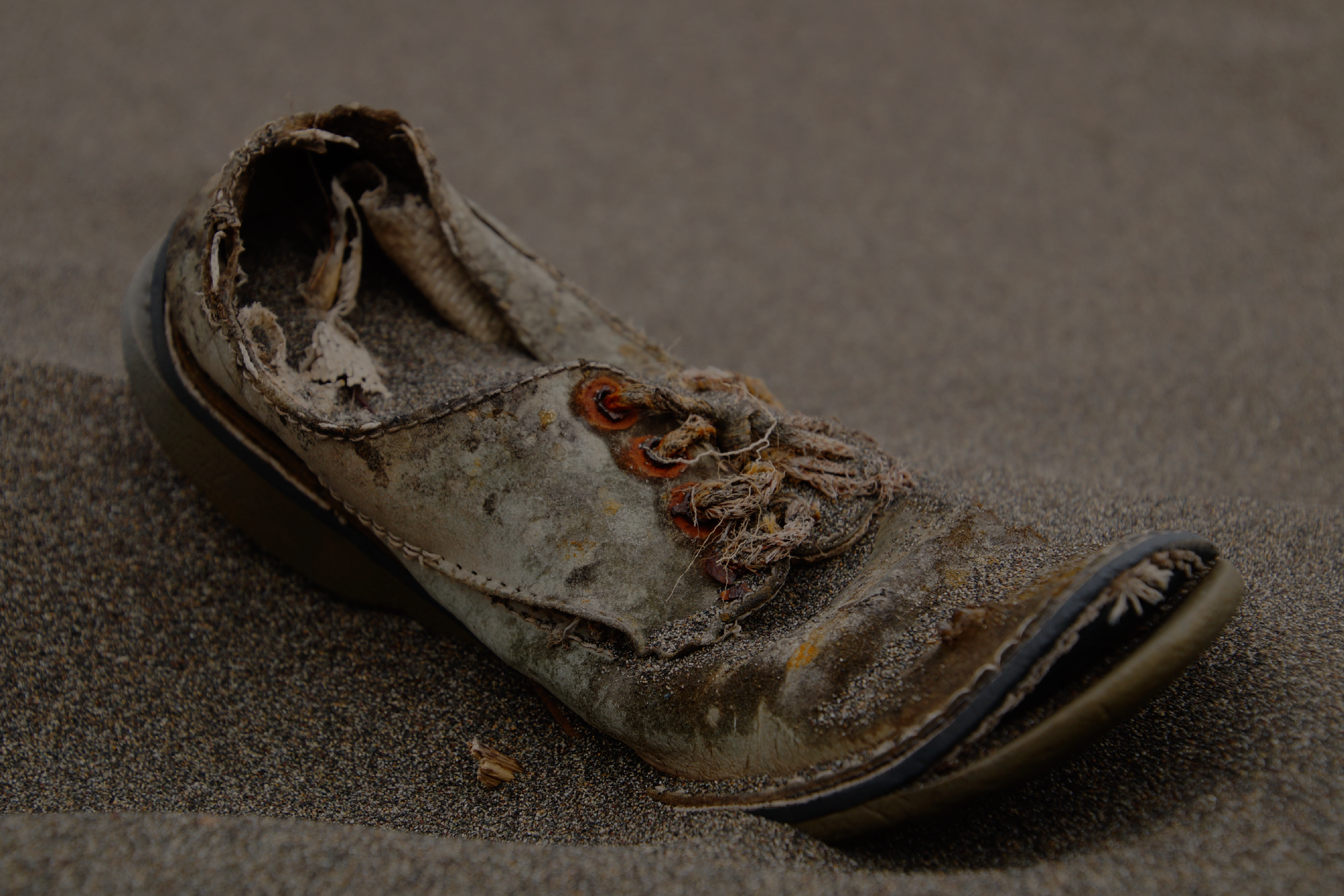When it comes to shoe shopping, there is no perfect ‘ethical’ decision. We wish there was.
Well, what we really wish is that the footwear industry was built so that consumers like you and I didn’t have to carry the burden of making the ‘right’ decision. Rather, doing the ‘right’ thing was the baseline expectation of all shoe companies, as mandated and supported by governments around the world.
But for now, it often does fall to concerned consumers (and an array of other passionate stakeholders) to drive the positive transformation we’re after.
The reality is that ‘sustainable’ and ‘ethical’ are incredibly complicated and multi-faceted terms. They can mean everything from protecting workers’ rights, to reducing carbon emissions, to avoiding animal cruelty, and more.
The footwear industry is also incredibly complicated and multi-faceted. We have different shoes including sandals, sneakers and safety boots, made in different processes, using different materials. We also have variety in the companies who create them, from small, family-run businesses to massive corporations and parent companies. There’s no one-size-fits-all answer.
And our lives and needs are (you guessed it) incredibly complicated and multi-faceted. A shoe could be made by people who are paid a living wage, but if it sits in our wardrobe unworn, is it the best choice?
The right decision isn’t always clear. There are trade-offs, grey areas, and it’s easy to feel unsure. That’s why we find these five honest questions helpful. They’re not new or revolutionary, but neither is brushing your teeth. Instead, we’re aiming for simple and repeatable. A tool to help make thoughtful decisions in a complicated system.

Question One: Why am I buying this?
Most of us have heard of ‘retail therapy’. It’s when we end up buying things we want, but don’t really need. Often, it’s a way to cope: a distraction from difficult emotions, an attempt at control, or just the appeal of a quick dopamine hit. Sometimes, taking a brief pause can help us get in touch with our feelings and intentions.
Question Two: Do I already own something similar?
According to a survey of 2,000 women, the average British woman owns 24 pairs of shoes. While we might not all hit that number, chances are we might already own a pair that serves a similar purpose.
Being mindful isn’t just about saving space, time or money. It’s part of the bigger picture. The footwear industry is a significant contributor to global pollution. Every pair of shoes we choose not to buy helps reduce demand and lessens the environmental burden of overproduction.
And you’re not the first to make the most of less. In fact, 22% of New Zealanders polled told us they didn’t buy any shoes (new or second-hand) in 2024.

Question Three: Can I spend the time looking at the op shop?
Op shops, Trade Me and Facebook Marketplace are full of quality, often only lightly used shoes. We’ve even found the exact thing we’re looking for, at a fraction of the cost.
Join the 8% of New Zealanders polled who purchased second-hand shoes last year. Yes, it might take a little more time looking or waiting for something to come up. But choosing secondhand keeps shoes in circulation and out of landfills.
Question Four: Can I afford to support a brand that is doing better?
Some shoe companies are making more thoughtful choices than others. Whether they’re being more transparent about their supply chain, paying a living wage, or designing shoes made to be worn again and again.
They might cost a little more upfront, which isn’t always realistic for everyone. But when it is possible, choosing better-made and more responsible brands can mean buying less in the long run—and supporting progress where it’s happening. Check out this blog on how to spot brands doing better.

Question Five: Will I take good care of it?
Will you wear it at least 30 times? Would you be willing to repair it if it gets damaged? Taking care of our shoes makes them last longer, saves us money, and keeps more out of the landfill. It doesn’t have to be a big deal, as a few simple habits can make a big difference. Need a hand with that? We’ve got some easy tips on this Boot Camp blog.
We find these five questions helpful for slowing down and figuring out how to act within our own limits – how to do what we can, with what we have. Our answers don’t always lead to the same outcome, as different situations shape our responses. But, when possible, we remind ourselves that doing something is worth a lot.
And once we’ve made a choice, we move on. We don’t sit in guilt or second-guessing. We do our best and keep going.